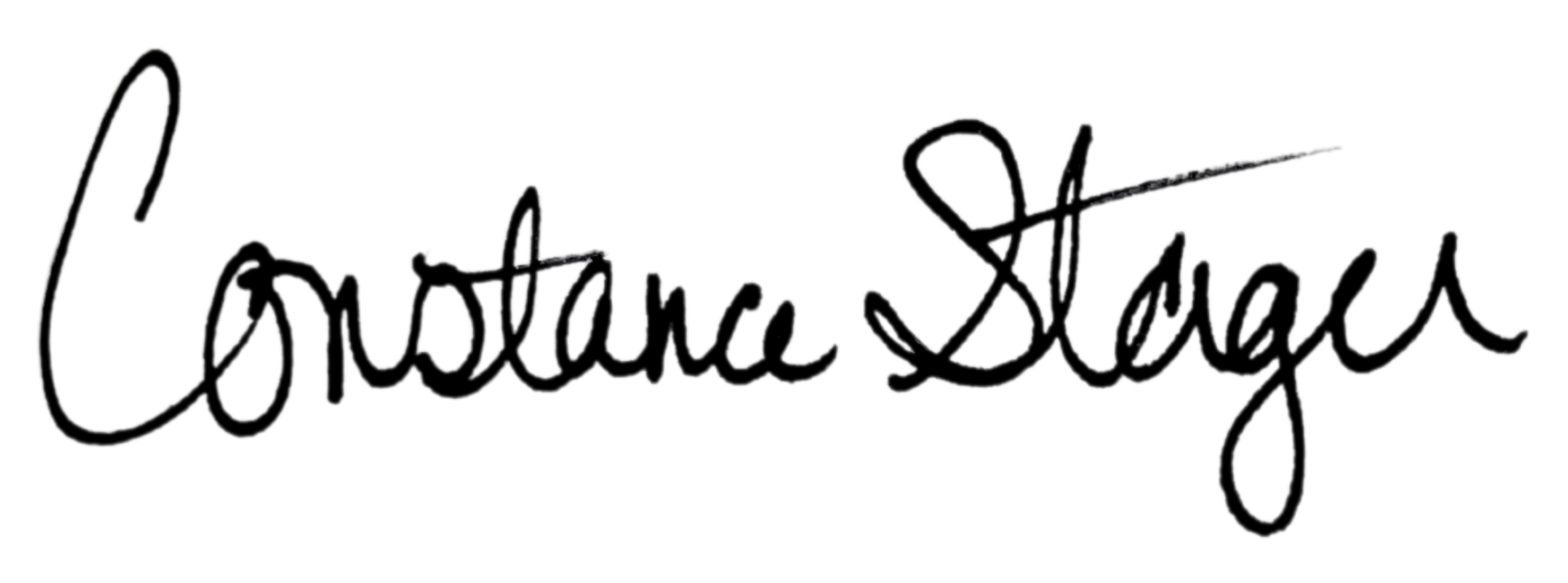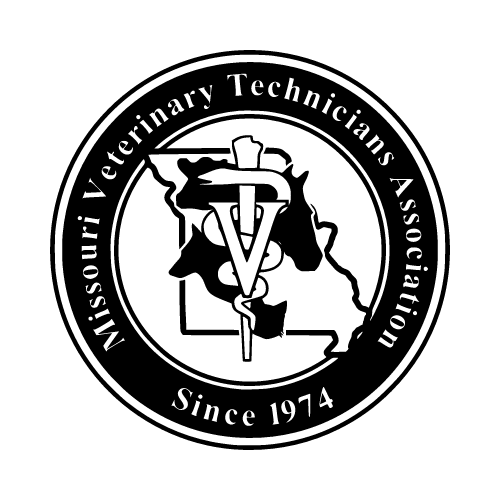MOVTA'S POSITION STATEMENT: WA Veterinary Board of Governors re: Cascade Veterinary Clinic's Proposed Apprenticeship Program
April 20, 2023
Washington State Veterinary Board of Governors,
I am writing on behalf of the Missouri Veterinary Technicians Association (MOVTA) in opposition to the Washington State Apprenticeship and Training Council’s approval of an unaccredited apprenticeship program proposed by Cascade Veterinary Clinics.
While this program will undoubtedly train veterinary assistants proficiently in critical hands-on skills, it will fail to provide critical thinking skills and deeper knowledge that are built into AVMA standards for accredited programs. Apprenticeship training does not equate to the standard of education for Veterinary Technicians and is a consequential step backwards in our efforts to recognize and standardize the training and licensure of Credentialed Veterinary Technicians (CrVTs).
The current draft of the Apprenticeship Program Standards includes many hands-on and soft skills that are essential, but completely fails to provide the deeper knowledge and critical thinking skills needed to answer the “why” behind the “how”. Additionally, the draft implies that, if conditions don’t allow some skills to be mastered, shortcuts may be taken that would allow the apprentice to continue to advance through the program (Section VII. WORK PROCESSES: “[...] The following is a condensed schedule of work experience, which every apprentice shall follow as closely as conditions will permit.”) Shortcuts like these are not permissible in an AVMA-accredited veterinary technology program and the same standards should apply to any program leading to licensure as a Veterinary Technician.
We also have concerns that the program will fail to deliver all knowledge and education necessary to successfully pass the Veterinary Technician National Exam (VTNE), which appears to be the end goal of this program. When comparing the proposed list of skills and curriculum of the apprenticeship program against the American Veterinary Medical Association Committee on Veterinary Technician Education Accreditation’s (AVMA CVTEA) list and VTNE domains, there are large gaps that this program does not appear to address with the current curriculum (for example: laboratory animals and camelids).
Furthermore, the proposed program does not outline how animals are to be obtained or used for certain skills, or that skills may even be performed on a live animal (such as the Large Animal and Equine Medical Related/Supplemental Instruction (RSI)). How are animals obtained? If client-owned, will clients be informed that their pets are being used for training purposes and how? Are there written protocols in place with limitations on skill attempts so patients are not being used repeatedly? Will Cascade have an Institutional Animal Care and Use Committee (IACUC) to ensure the health and safety of the animals used in this teaching program?
If we look at Registered Nurse (RN) training, there is no apprenticeship program that allows nursing students to sit for the National Council Licensure Examination (NCLEX-RN® exam) because Nursing Boards recognize that standardized education is the key to cultivating competent and successful RNs. Human medicine does not allow shortcuts; why should we not strive for the same standards in veterinary medicine?
We are further concerned that this program will fail to resolve the larger issue of CrVT retention in the field without addressing the variety of reasons why a CrVT’s career life span is only three to five years, such as inadequate pay, a lack of respect, and poor utilization.
In summary, a quote from an article in the summer 2021 edition of Today’s Veterinary Nurse titled “Back to Basics” by Megan Brashear, BS, RVT, VTS (ECC):
“What I learned is that while placing IV catheters, drawing blood, perfecting radiographs, and learning new and advanced techniques are obviously vital to the practice, they are also the “fun” part. Fewer people want to put in the continued work and study required to master physiology, pharmacology, the understanding of disease processes, and learning to look for subtle changes in the patient. These skills are what set stellar veterinary [technicians] apart from merely good ones. True advancement comes from learning and building on the basics.”
MOVTA opposes the proposed apprenticeship program as a pathway for CrVTs in Washington State. We see the program as having the potential to be very useful for training proficient veterinary assistants, but cannot support it as a pathway to licensure.
Respectfully, Connie Stager, RVT
Connie Stager, RVT
President
Missouri Veterinary Technicians Association
